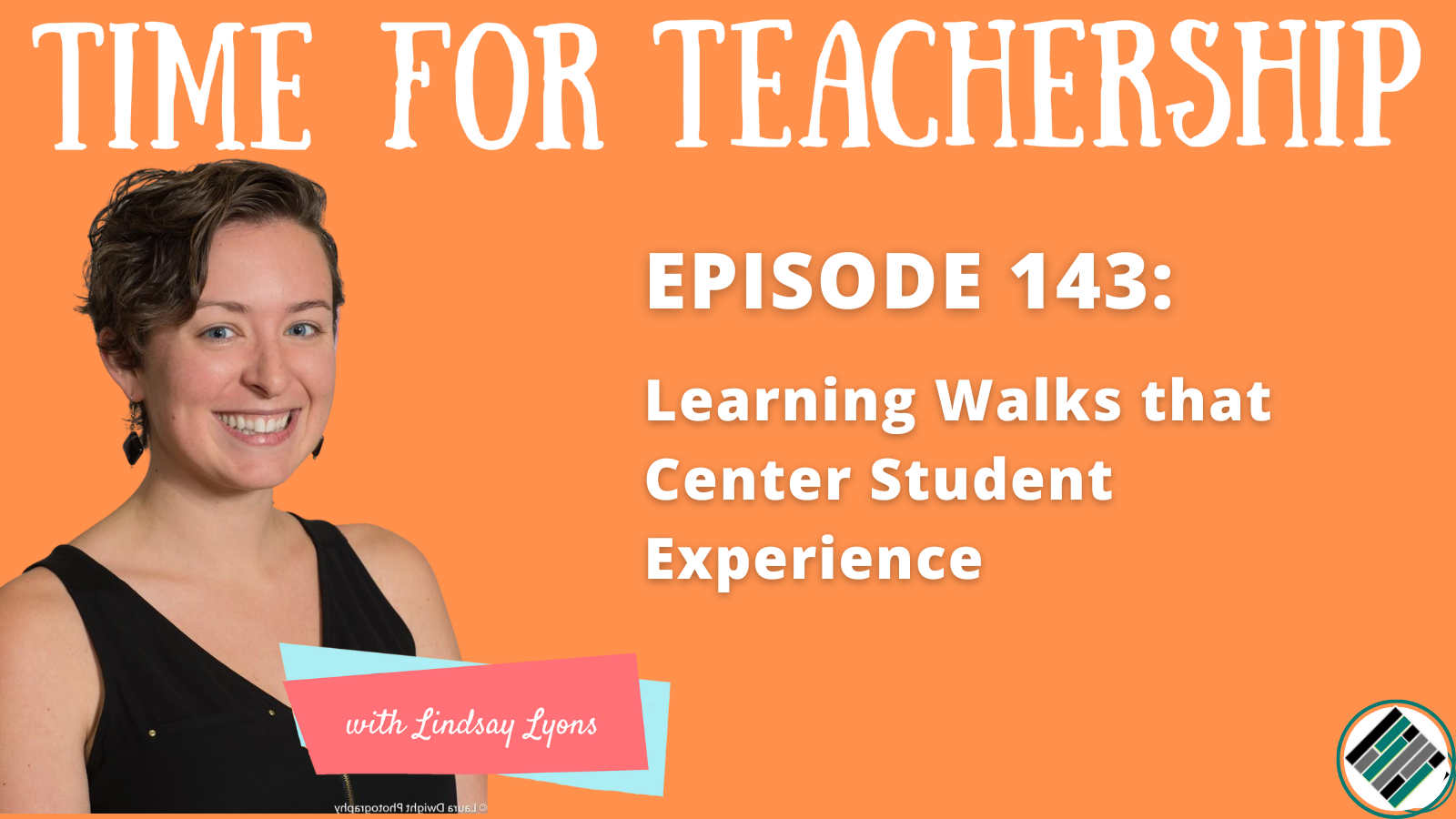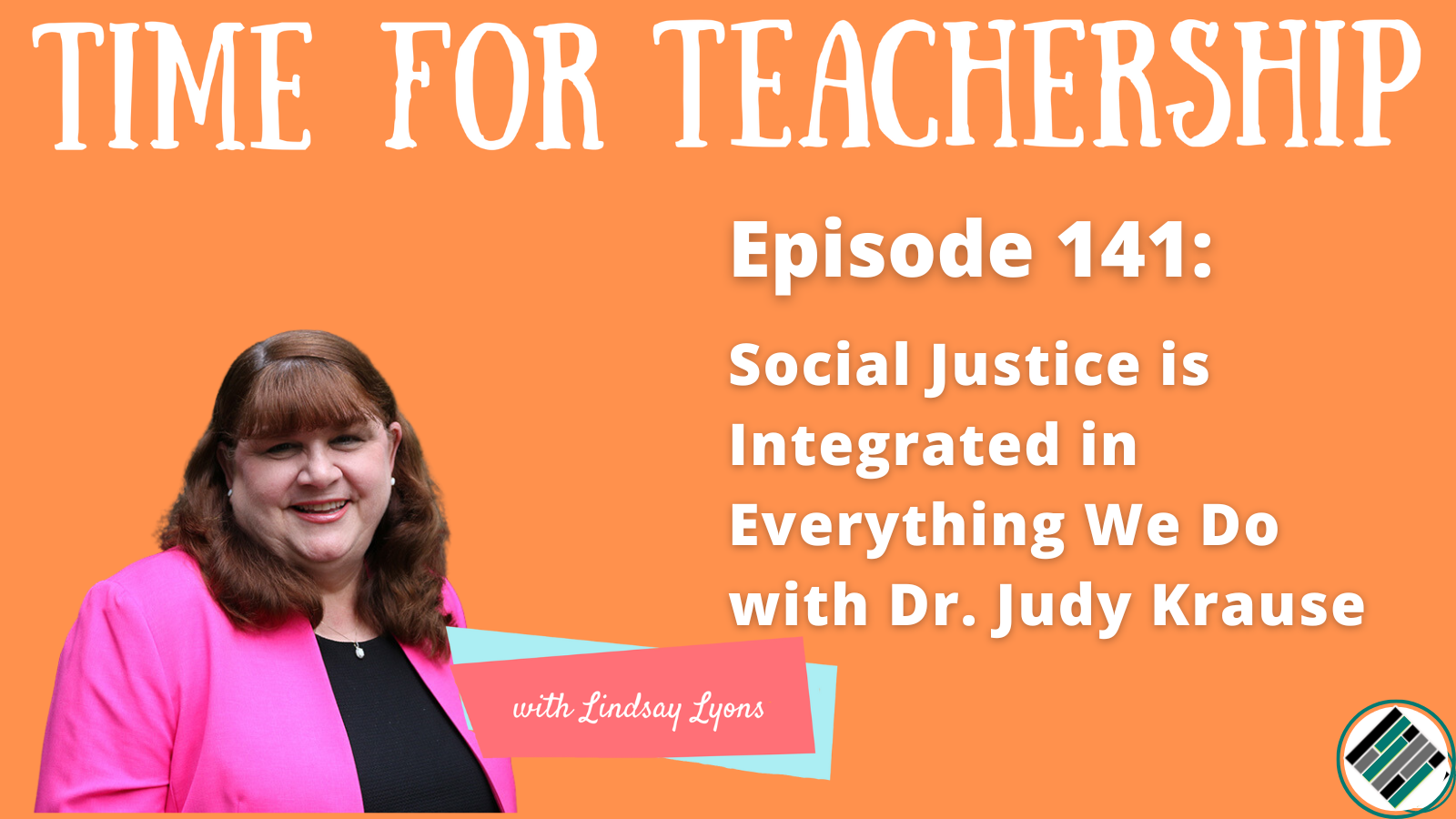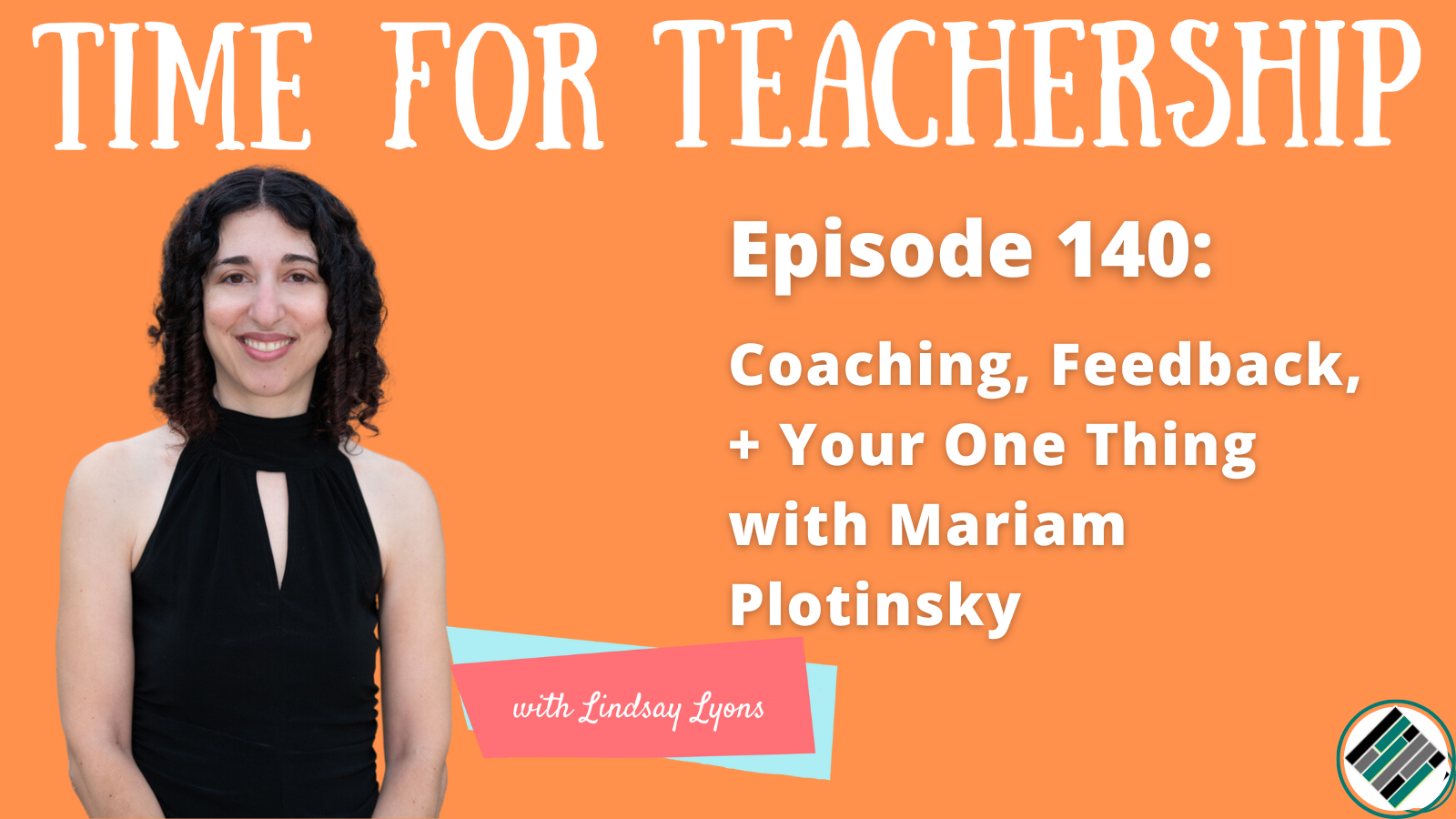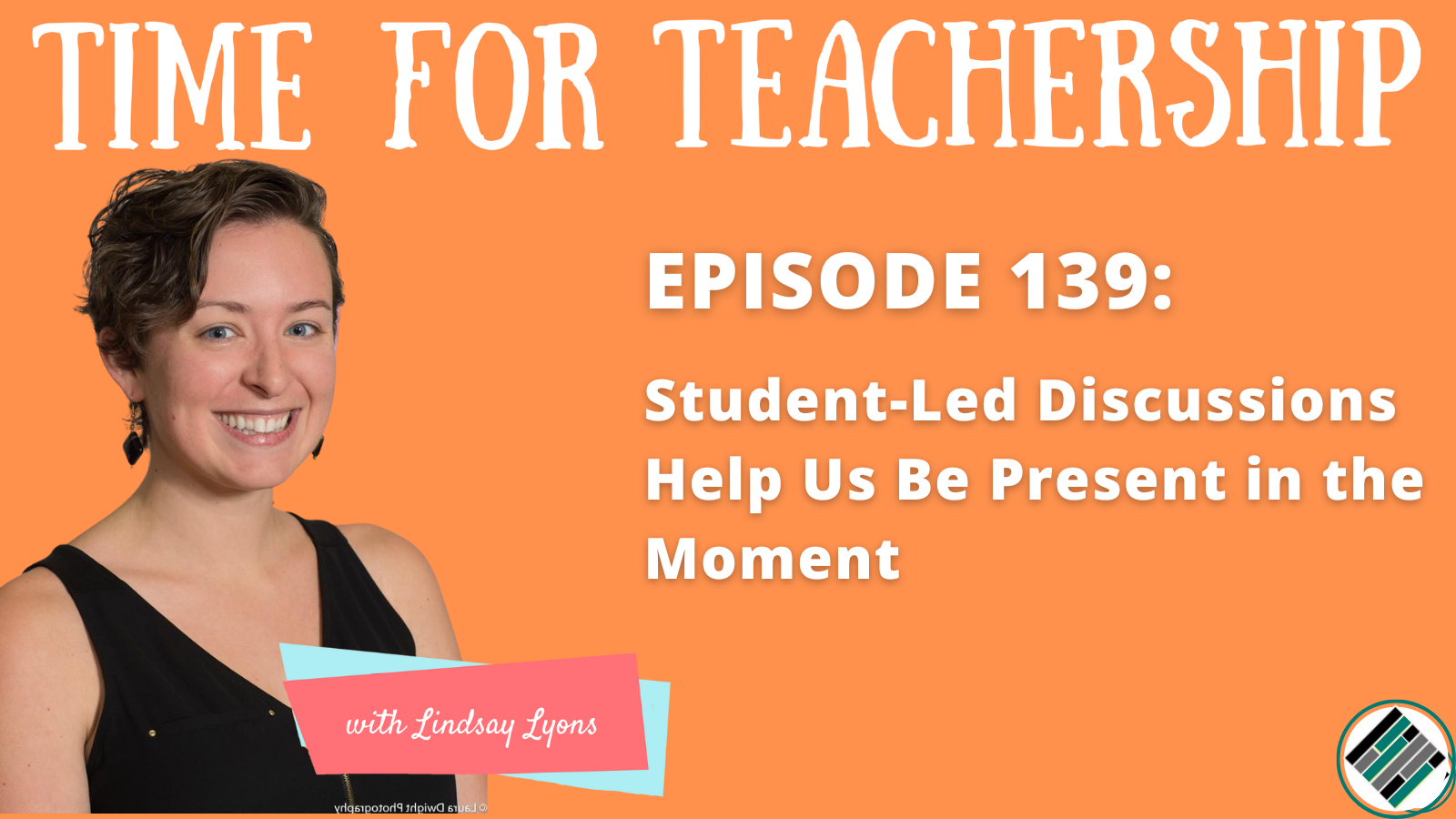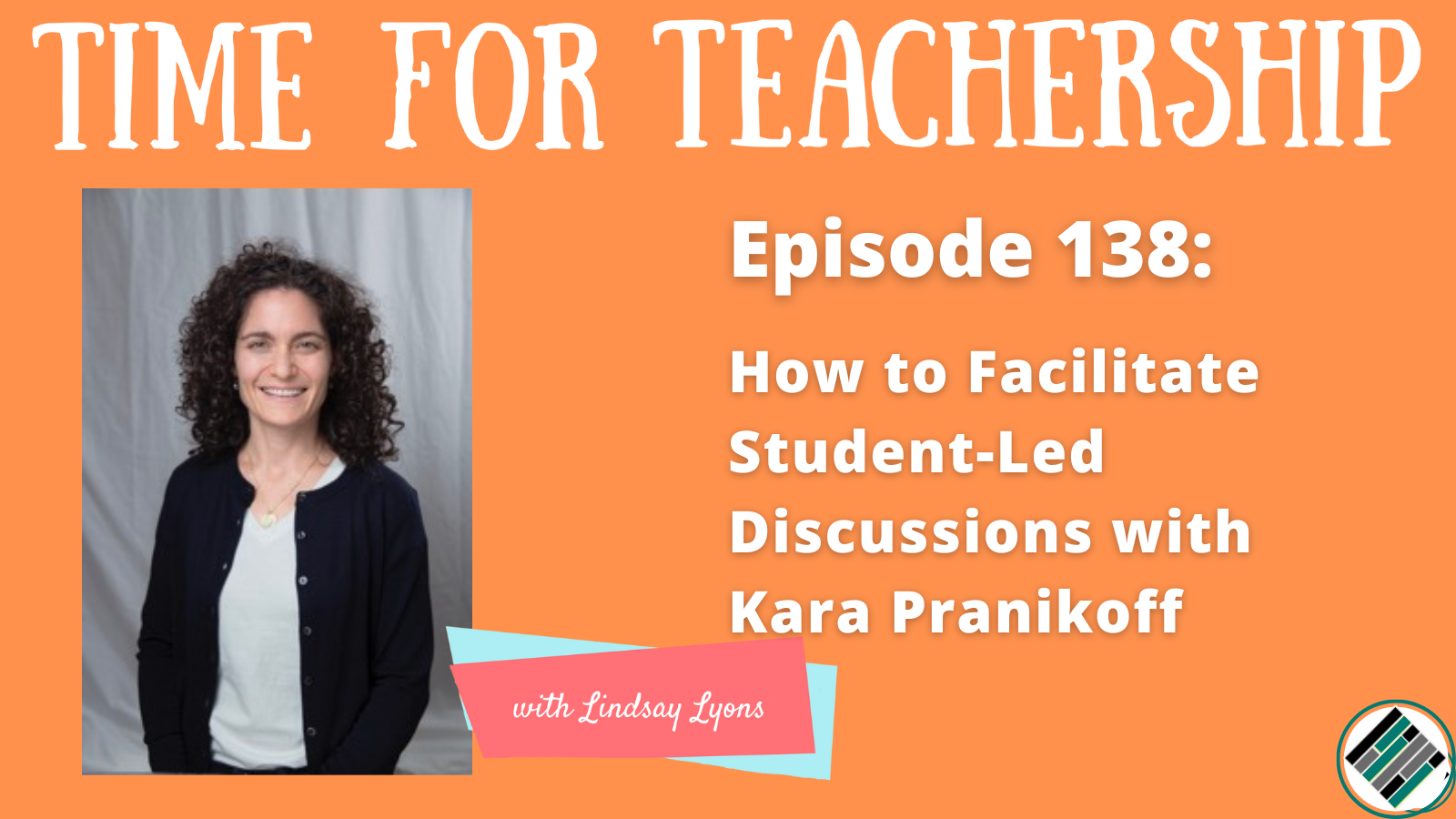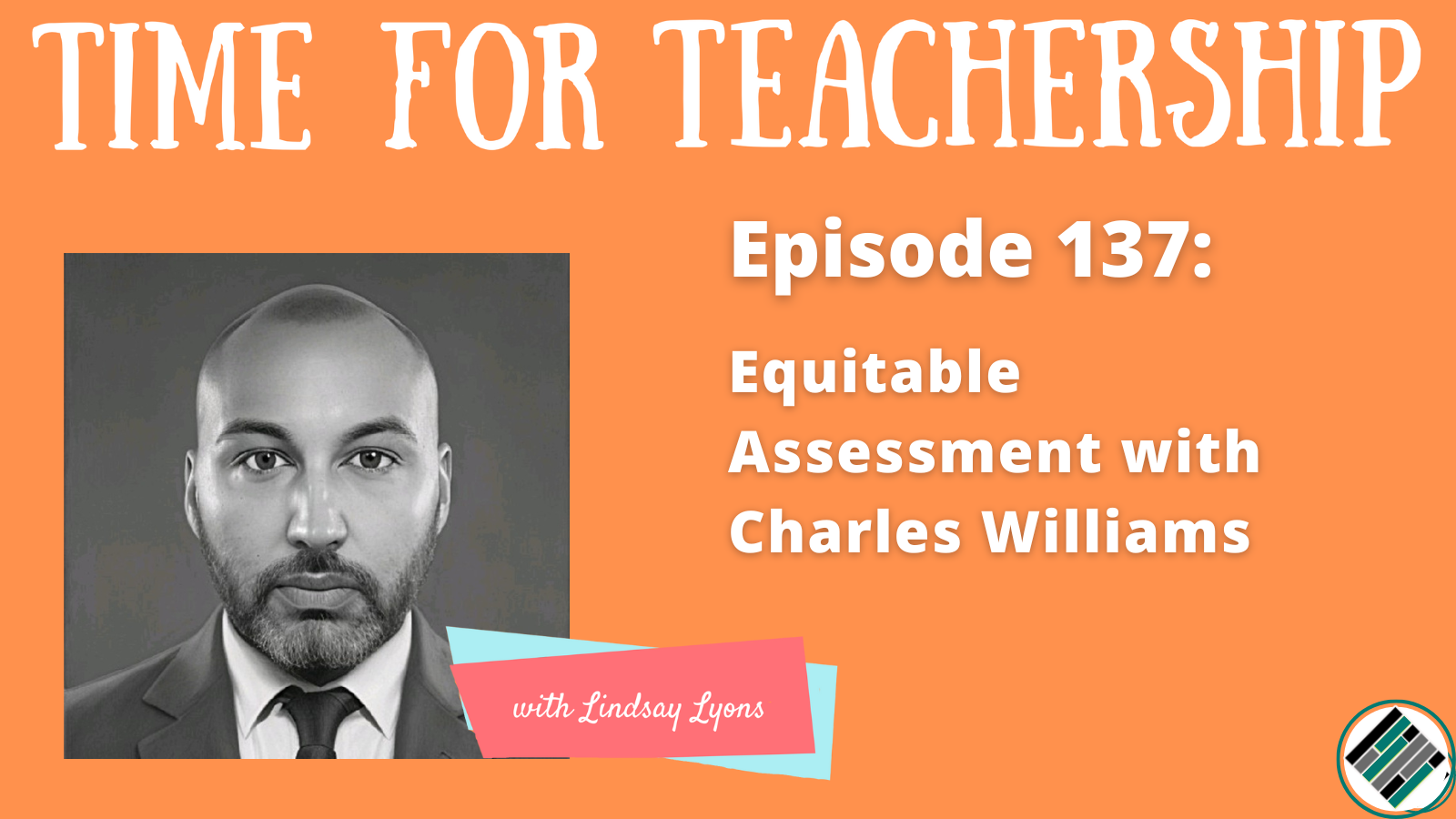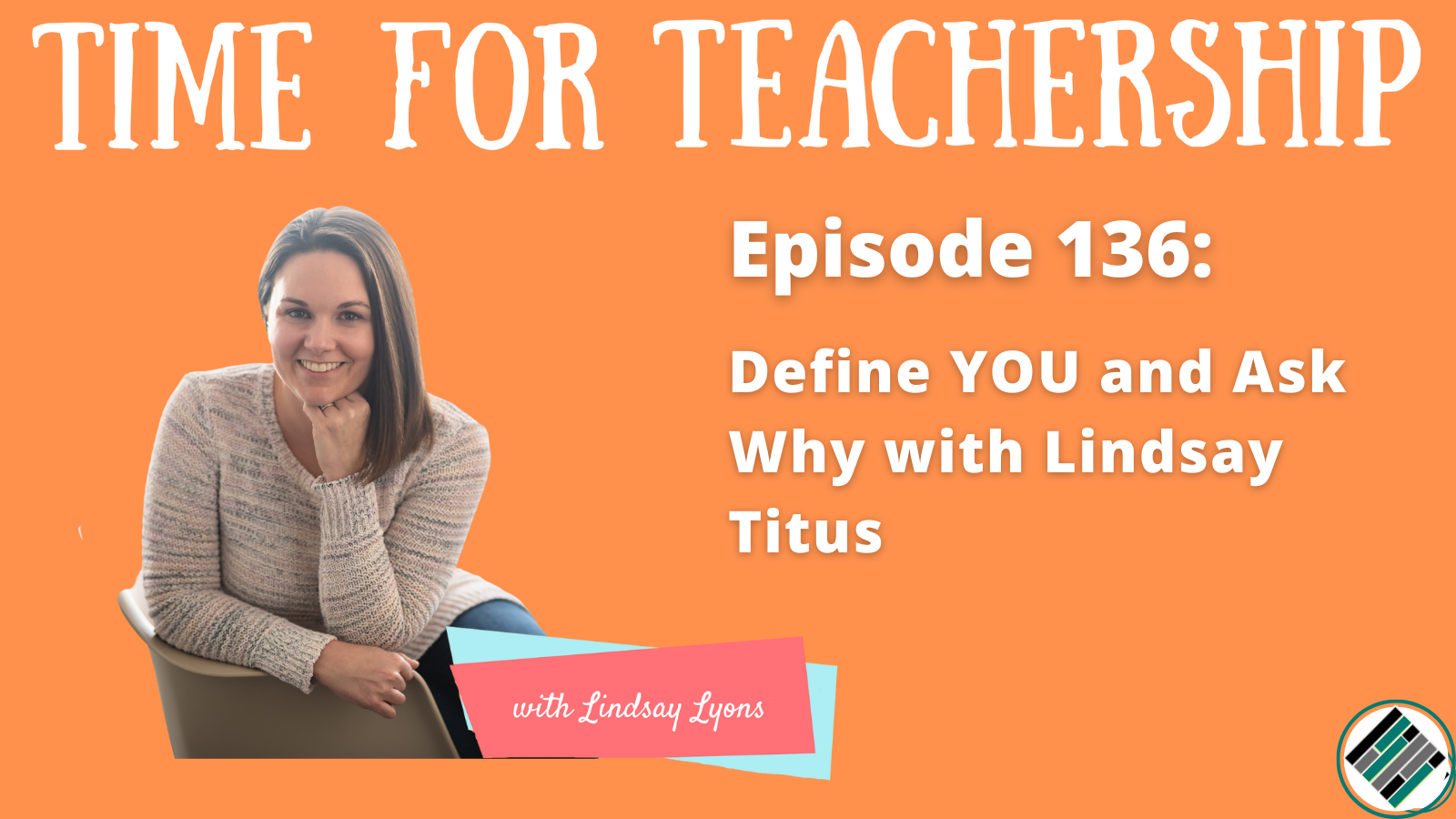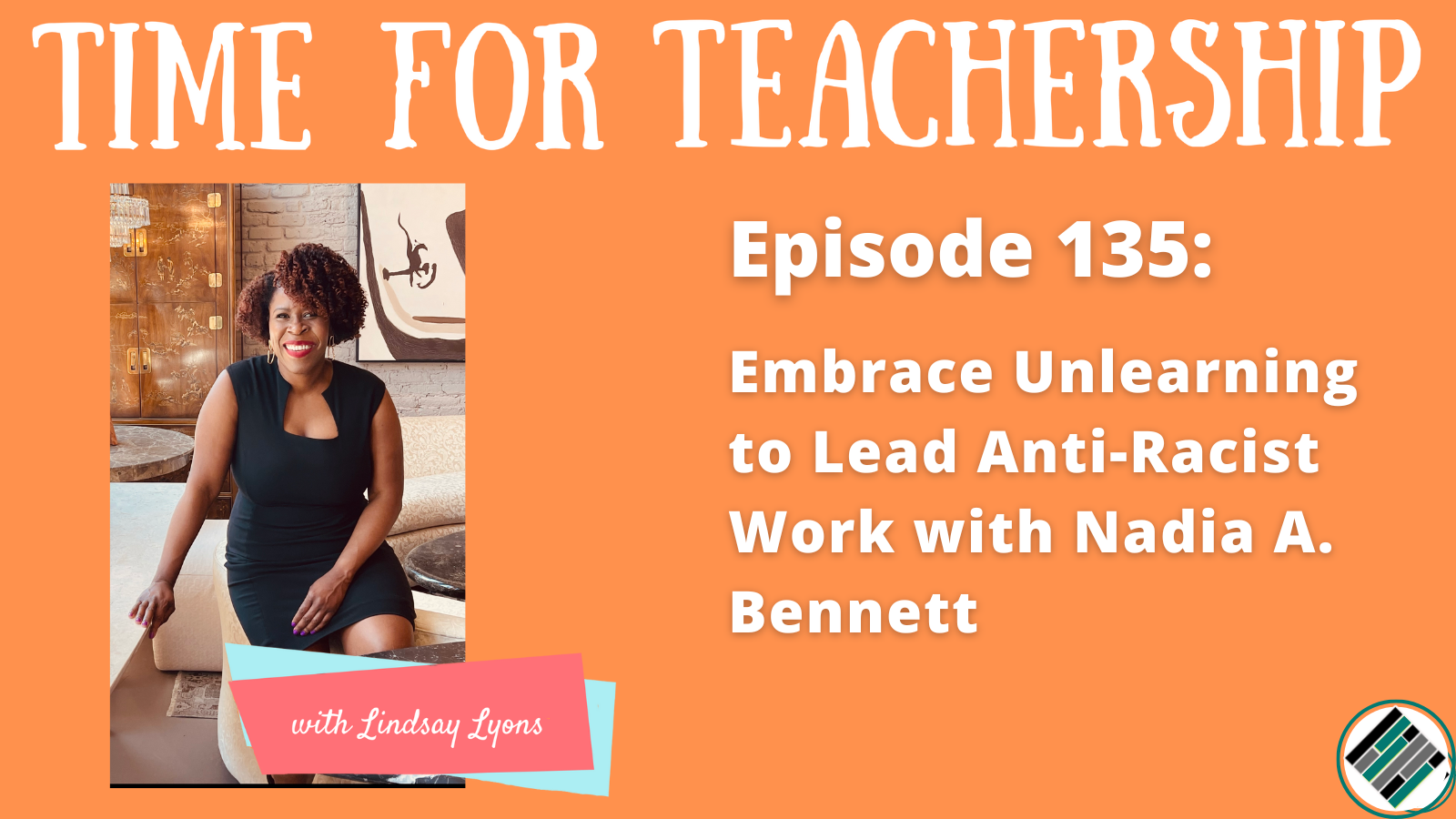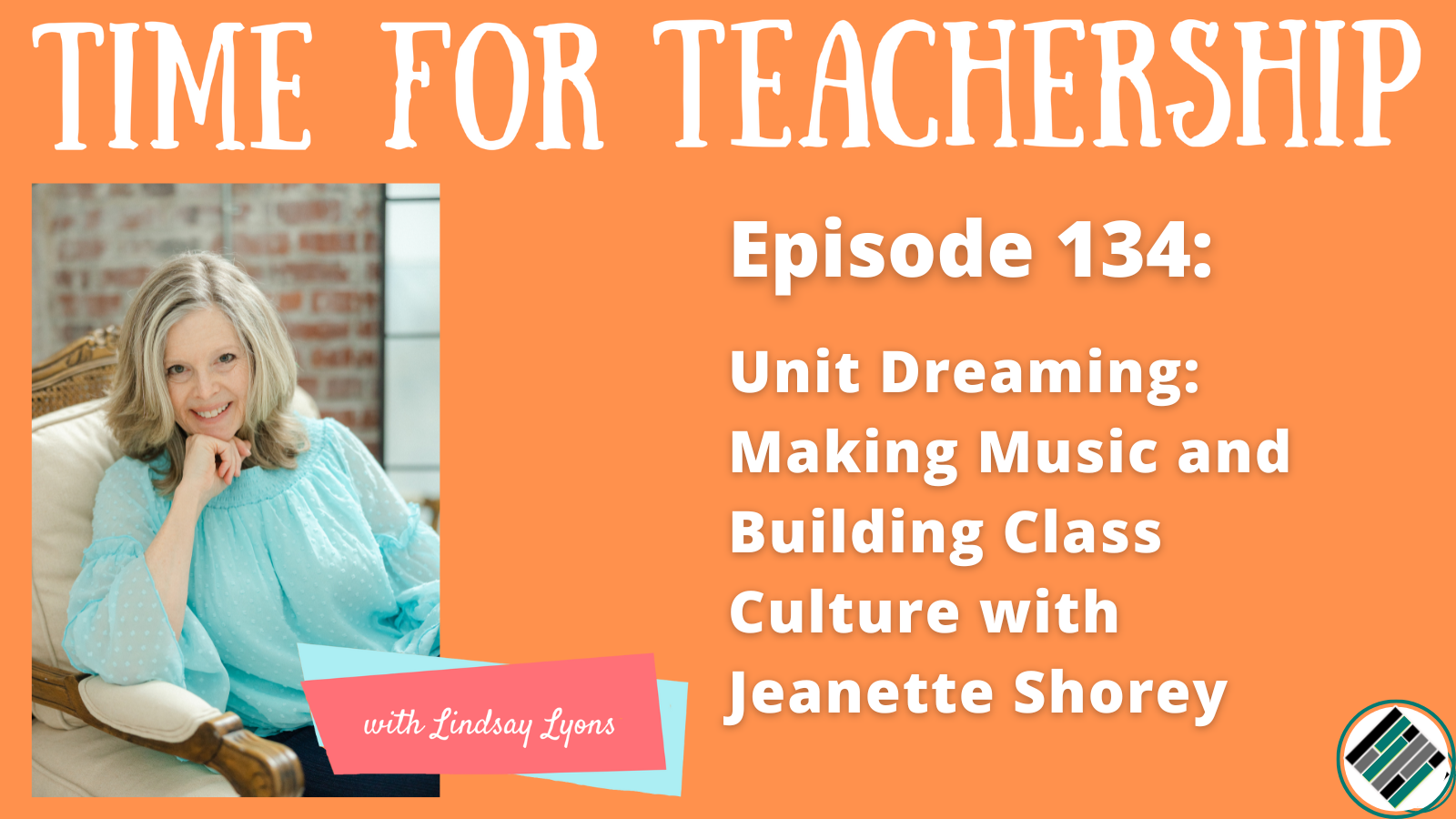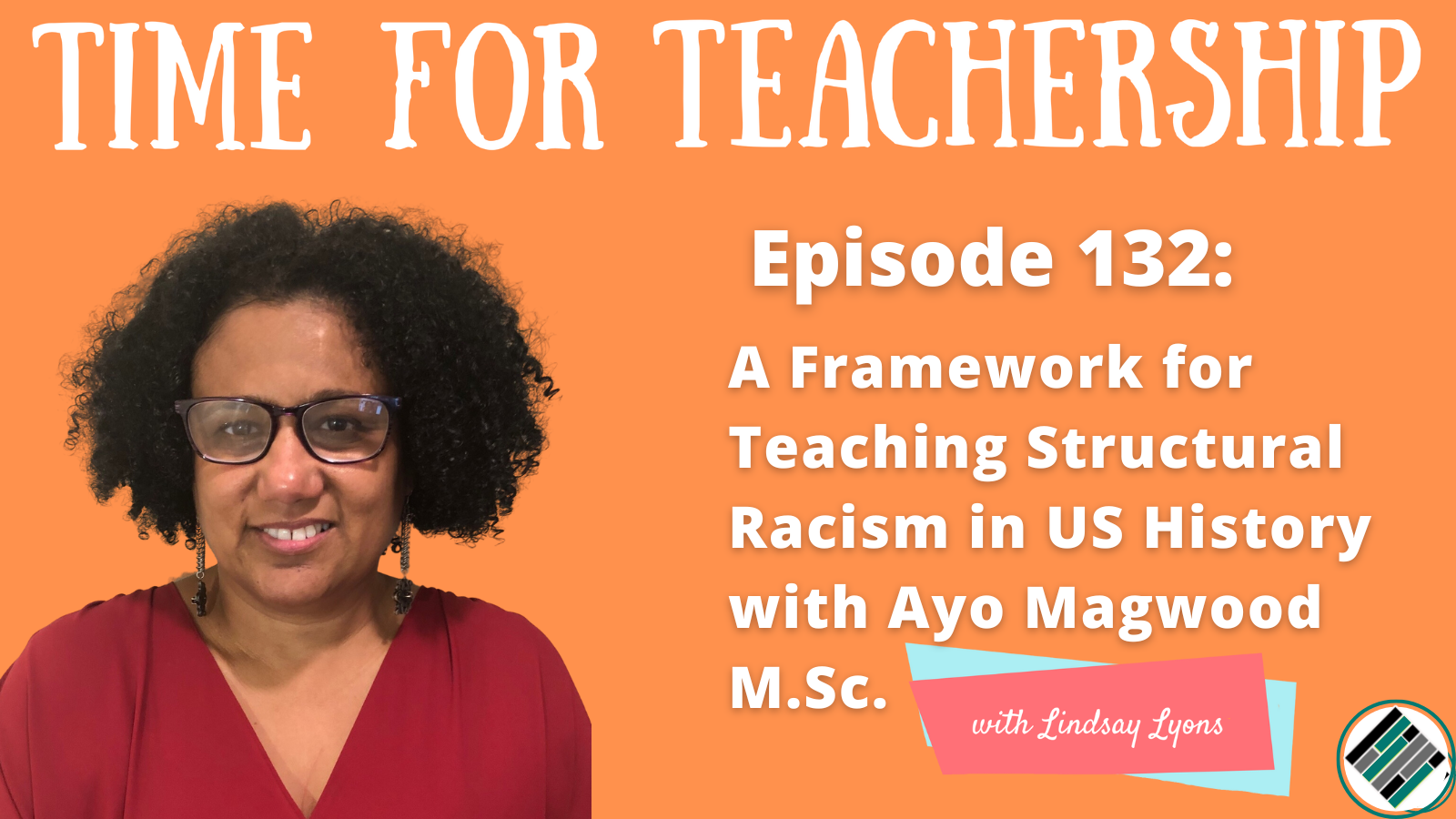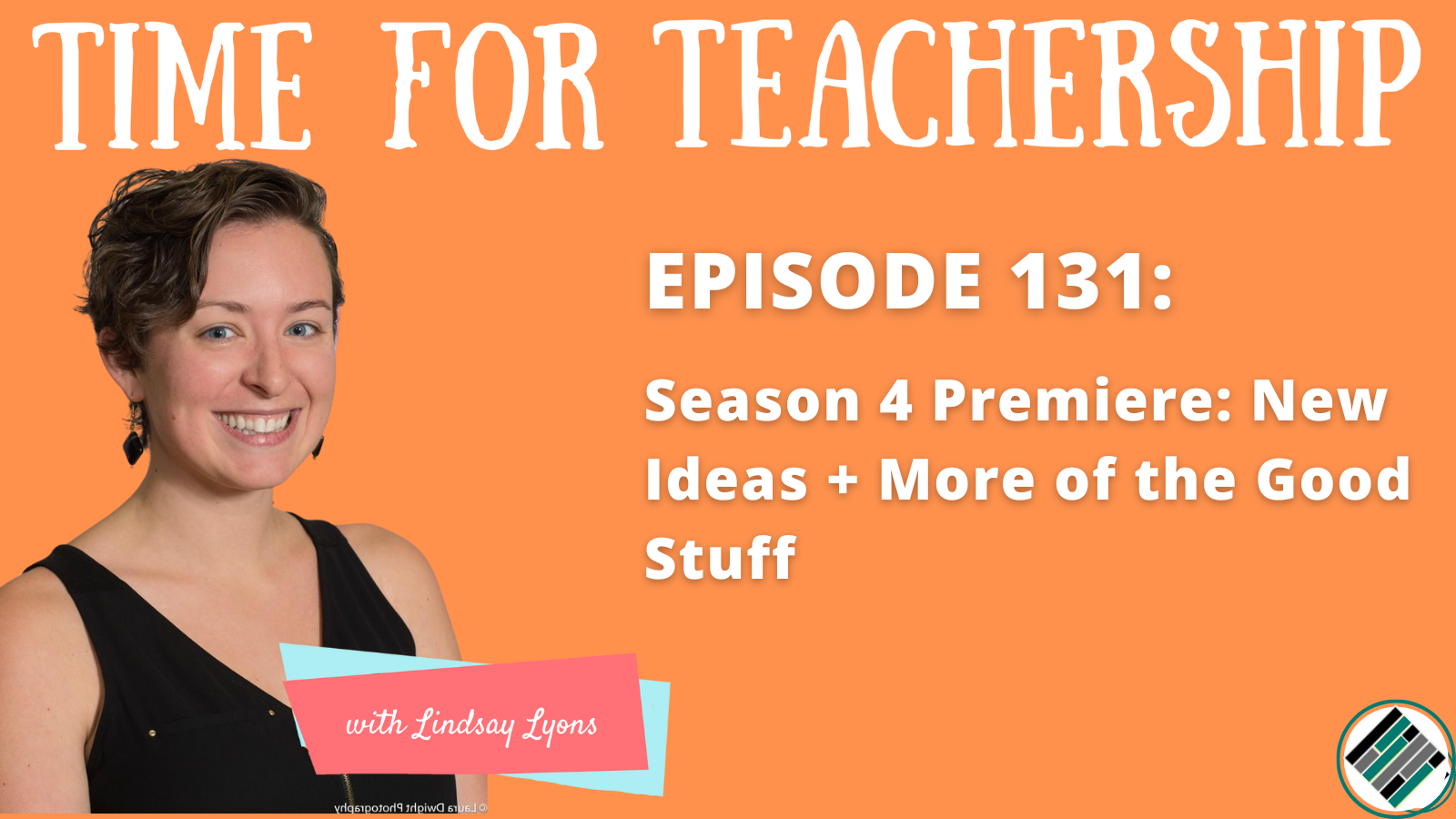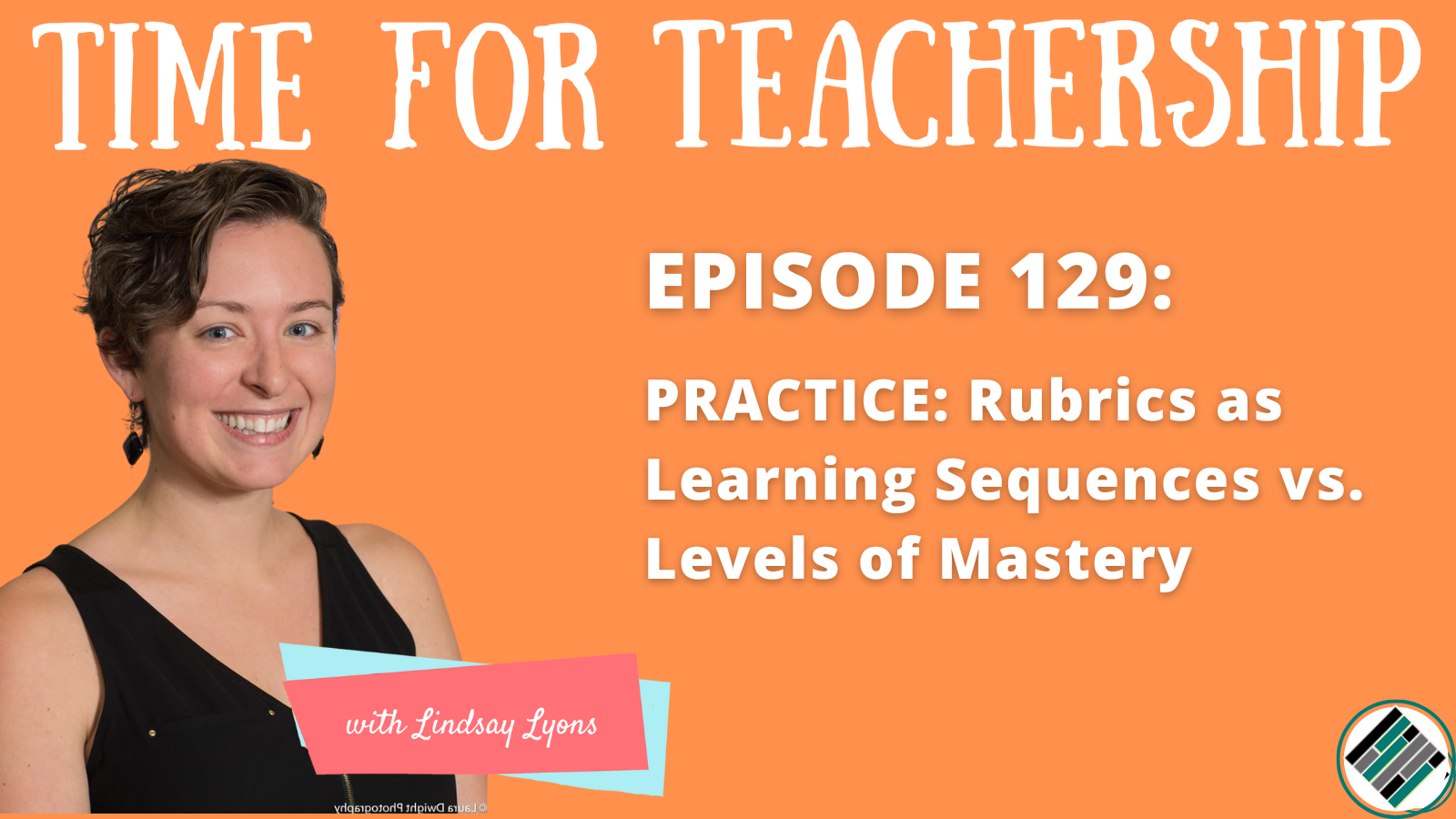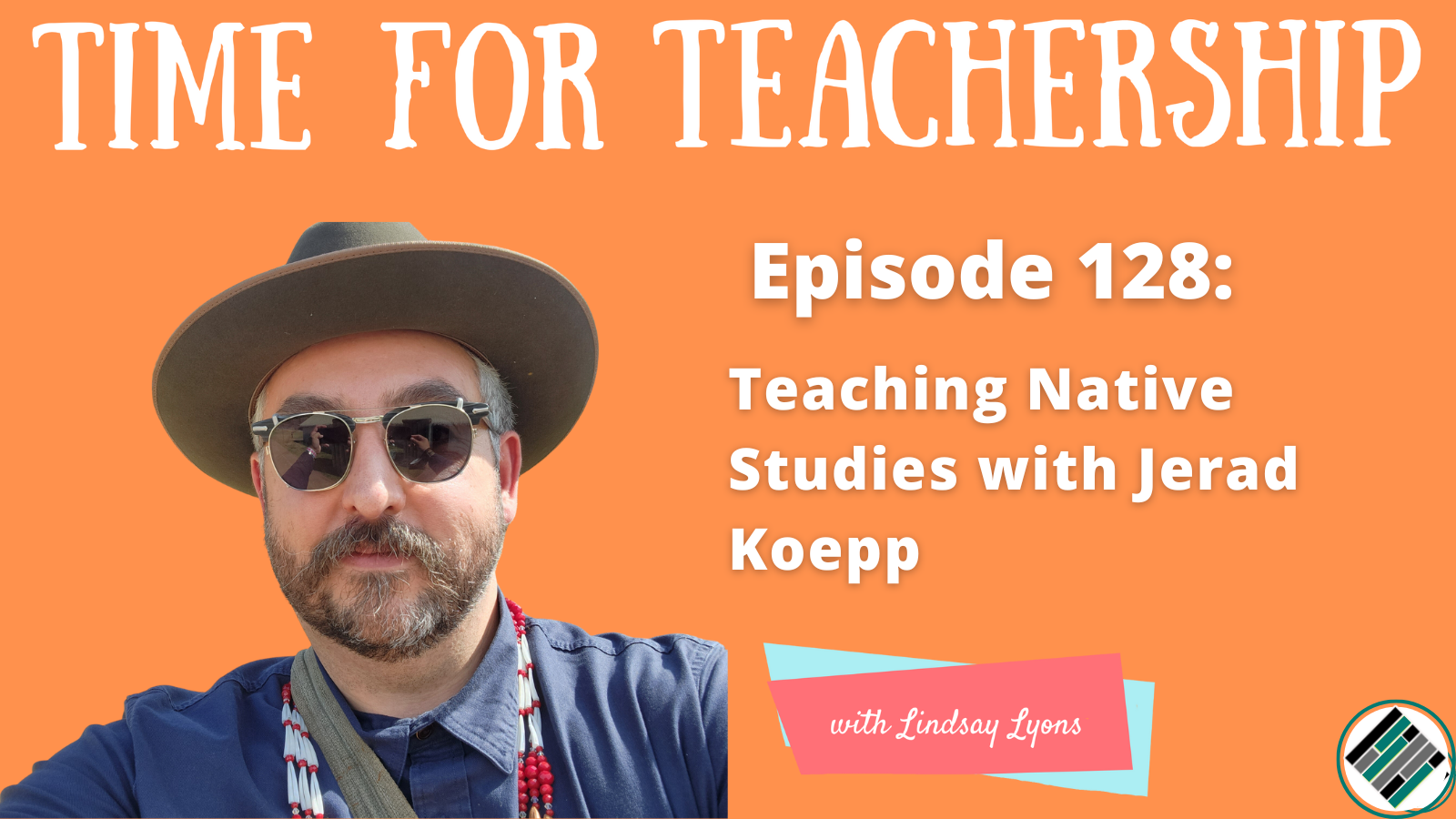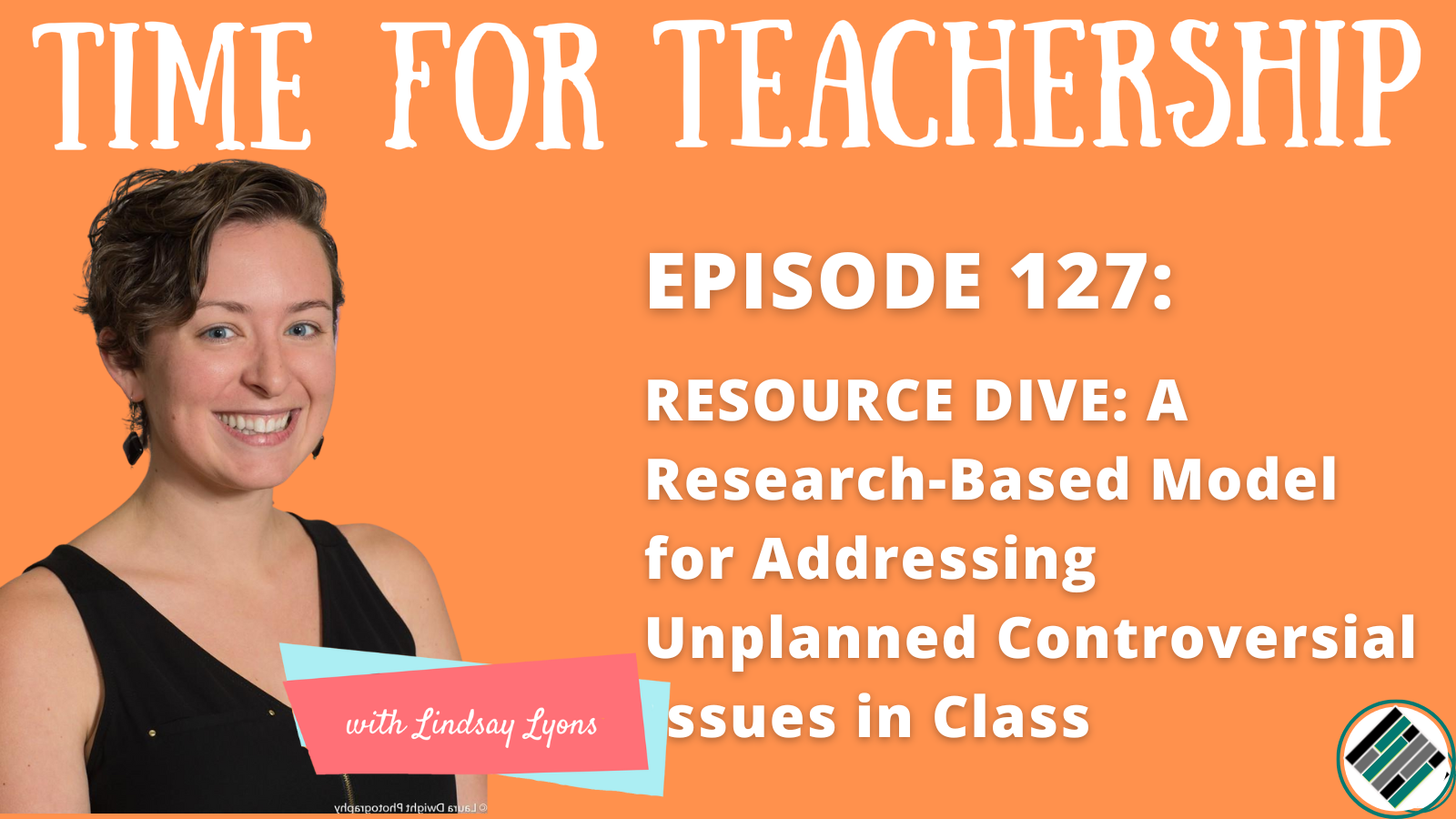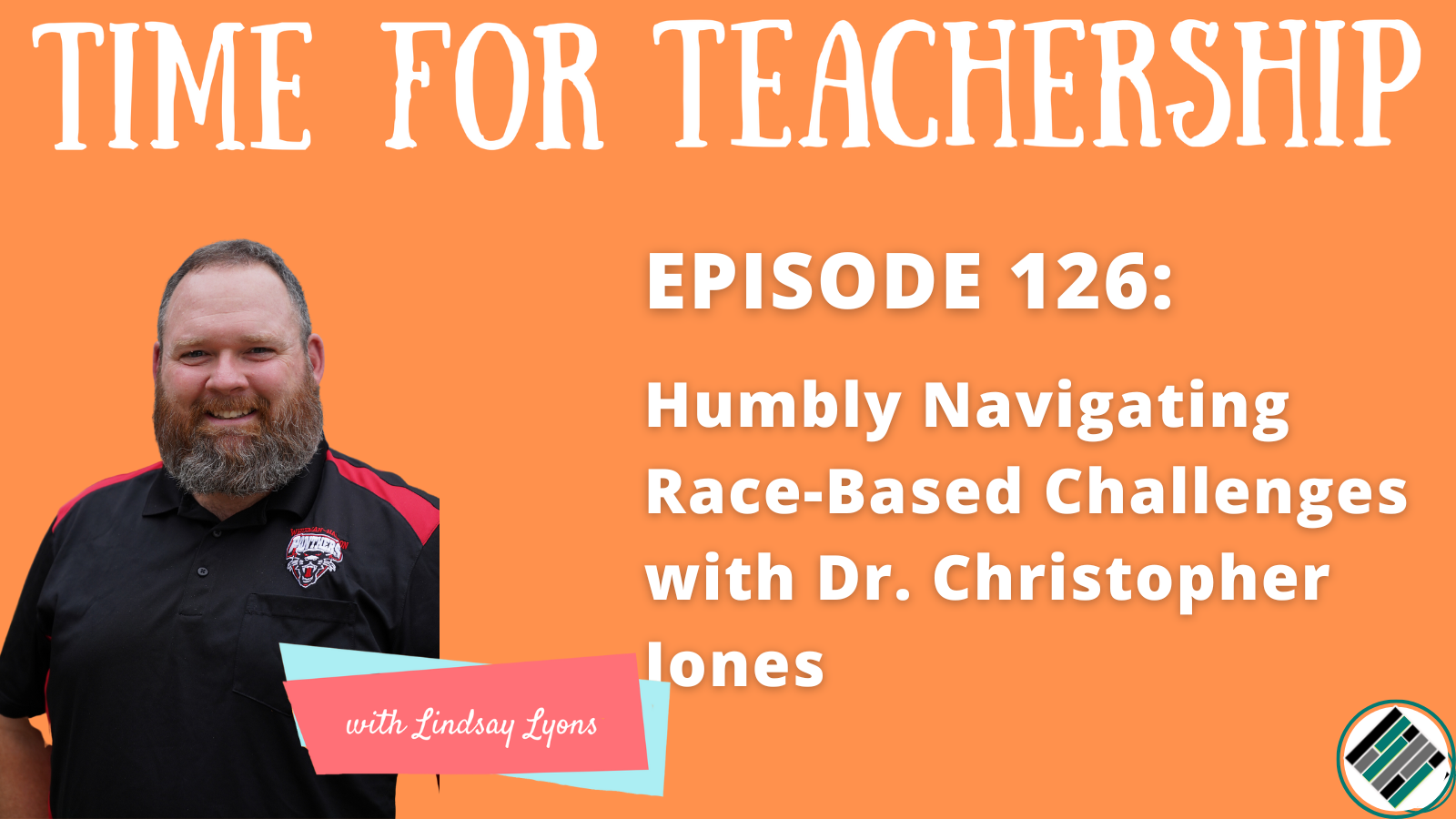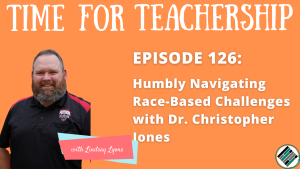
Dr. Chris Jones is the Principal of Whitman-Hanson Regional High School in Massachusetts. He is the author of SEEingtoLead and host of the podcast SEEingtoLead. His overarching goal is to positively model continuous improvement in all facets of life by being purposeful, acting with integrity, and building character. In this episode, we go totally off-script to dig into what it looks like to talk about and take action towards a racial justice.
The Big Dream
We are taking action on a daily basis born from a broader, greater, deeper understanding of everybody’s journey and how they got to where they are now. We need to act in a way that honors the history each individual has gone through including intergenerational trauma.
Alignment to the 4 Stages: Mindset, Pedagogy, Assessment, and Content
Following building closures for COVID, the district has become more racially and linguistically diverse. This prompted a realization that change is needed. Most students were in homogeneous communities in their homes during lockdown. Coming back to school and being in a racially diverse school has caused discomfort.
Mindset Shifts Required
As leaders, we have to stop being defensive.
Leaders need to help students and caretakers be in an emotional state where they feel safe and be part of a community.
From Dr. Ibram Kendi: Racism is a continuum and action-based.
Action Steps
Several things Dr. Jones has tried include:
Support Teachers and Students to Create Belonging for All Students
This involves curriculum and practice being culturally responsive and sustaining.
Create a Parent Advisory Group to the Principal
BIPOC parents and caretakers were invited to be in this group.
Ensure Opportunities for Students to Join Clubs and Affinity Groups
No Place for Hate. Get training on how to start affinity groups.
Invite Black, Brown, Indigenous, Arab and Asian Students into Conversations about Policies
Ask “Why is this important to you?” Leaders, do your own research. Don’t be afraid to change the policy next week.
Thank Students Who Share Critical Feedback
It’s as simple as, “Thank you for bringing this up to me.”
Talk to White Students Who are Engaging in Cultural Appropriation
After doing this, Dr. Jones saw white students stop wearing durags. Sometimes, students will just not do something around you because they know you’ll do something about it, but other times, they will reflect, engage in conversation, and stop doing it.
One Step to Get Started
Think about others’ experiences as a set of transparencies. Start with the first layer of what you believe in (your values) and the fact that we’re all human beings. Then, consider others’ experiences are not the same as yours and recognize you don’t understand their lived experiences. Seek to learn. Then, look at institutions and policies you can impact and recognize the effects of those policies on others.
Stay Connected
You can find Dr. Jones on @DrCSJones on almost all social media sites and on his website. You can email him at [email protected].
To help you in your leadership journey, Dr. Jones is sharing resources each week in his newsletter. You can sign up to get it here for free. And, if you’re looking for more details on the ideas in this blog post, listen to episode 126 of the Time for Teachership podcast. If you’re unable to listen or you prefer to read the full episode, you can find the transcript here.
Resource: In this episode, Lindsay mentioned the book, On Apology by Aaron Lazare, M.D.
Quotes:
- “Part of a larger dream for education I have…is: We are taking action on a daily basis born from a broader and greater and deeper understanding of everybody’s journey and how they got to where they are now.
- “I read Ibram Kendi…and that just hit home for me. The idea of racism being a continuum and being act-based…that was such a good way to show how it’s embedded in our society.”
- “That’s where you run into these ‘hidden’ racist policies, where you’re doing it in the name of equality. Equality is not the same as equity, and until people understand that, especially when it comes to race, or gender, or religion, this isn’t going to get fixed.”
- “The slow death by avoidance…you will never make progress.”

